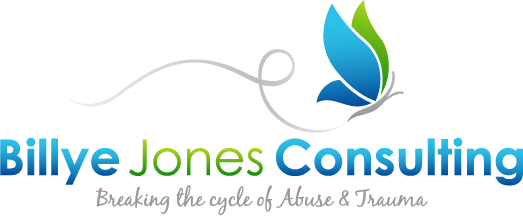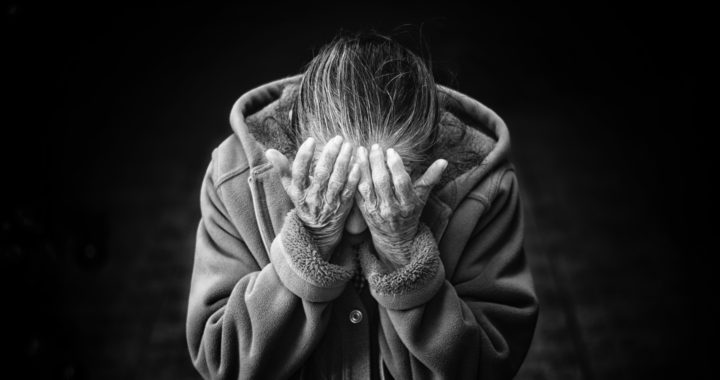I am writing this post months after my father’s death. I am grieving! As a social worker and a therapist, it is my business to help people deal with grief and loss. Although grief and loss are not foreign to me, each loss is different, unique with its own unique set of circumstances. There is no right way to grieve, and there is no set time frame indicating when the grieving will end.
Some people tell me child sexual abuse and trauma work is not the same as grief work. I assure you that being sexually abused or experiencing other types of trauma requires grief work. Think about it— if you are sexually abused, you may lose your ability to trust people and the world around you. Your sense of safety is lost, and you lived in fear as a result. As with any other loss, your world turns upside down— you do not know what to do and cannot imagine how to move forward. That sounds like a loss, does it not?
When someone dies, it is clear we are experiencing grief and loss. There are practices, rituals, and many ways we acknowledge a death. Pauline Boss came up with the concept of ambiguous loss. These are often unacknowledged losses with no specific rituals and practices that help us cope. A mourning period is noticeable often absent in ambiguous loss. Some examples of ambiguous loss include a child placed in foster care, incarceration, and those who experience abuse and trauma.
My father’s death is difficult, but this loss does not change what I believe about the world. It has not undermined my sense of self, my faith or my sense of safety. I would be completely devastated if it did! Imagine a sexually abused child, who has lost all these things and more. Imagine if you are going through this and have not told anyone. Imagine the additional burden.
I believe child sexual abuse survivors need to grieve to heal from abuse and trauma. Survivors need to mourn what happened and what did not happen, acknowledge the losses, pain, shame, betrayal, confusion, anger, rage, ambivalence, and any other feelings that come up. There is no right way to grieve. Many of us struggle with grief and loss, believing we may never get through it, so we do our best to avoid the pain. Therefore, there is no specific way to tell survivors how to do it.
Imagine if child sexual abuse survivors were able to acknowledge their grief and loss in the same way we grieve when someone dies. Imagine acknowledging the significance of the abuse, taking time off to participate in healing practices, having extra compassion for yourself, and having others bear witness to your pain. Imagine the healing that could take place.
Photo by Cristian Newman on Unsplash

